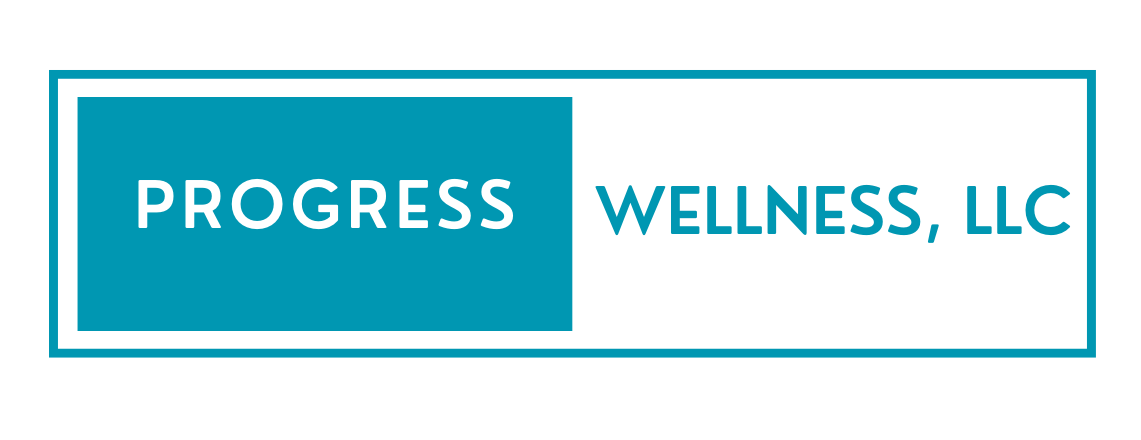Welcome to the Progress Wellness newsletter spring series! Last summer I got great feedback on a series of newsletters and blog posts that focused on mindfulness strategies. So, I decided to start spring a little early with this new series on stress management. Over the next several months, I will be focusing on different types of stress and specific skills to manage it all. Hooray!
I felt this was an important topic to explore because when stress starts working against us, we become unproductive and unhappy. This is why having effective coping skills to manage stress is imperative to our well-being.
Stress is something most of us have felt at some point in our lives. But how can we define it? Well, stress is an emotional strain—usually caused by life events—that can negatively affect how we think and perceive situations, impacting our internal well-being.
Here are just a few examples:
You’re experiencing a lack of sleep, or you’re having difficulty falling or staying asleep.
You’re experiencing ruminative thinking, which means you’re having a hard time shutting off your mind from your worried thoughts. It almost feels as if those worried thoughts are like a running stream in your mind, a stream that never rests.
Your mind is engaging in negative self-dialogue, meaning your inner thoughts are beating you up. Phrases like “I can’t do this,” “I am going to look like an idiot,” or “I have no idea what to do” are common refrains.
Do these symptoms resonate with you?
If you’re experiencing stress, here is one strategy I often recommend trying as a first line of defense:
Make a list of all the things you would like to do or get back to doing—aka self-care! This could be making sure you’re still saying your favorite mantra periodically throughout the day; getting back into your favorite hobbies; learning something, like a new language or recipe; taking quick breaks at work; scheduling time to see friends; or even creating alone time. Or why not more than one!?
Once you have your list, ask yourself which thing you first want to incorporate into your life. How can you choose?
I recommend that you start with an item that is relatively easy to incorporate into your schedule. Then, once that’s part of your routine, consider adding in another. Think about adding these things into your schedule like you would a meeting in your calendar. This strategy can increase the likelihood of the routine sticking—and at the very least it can give you a visual reminder that you want to improve self-care!
Even small positive shifts in self-care can have dramatic effects in reducing stress levels.
If you’re interested in becoming an expert in managing your stress and kicking it to the curb once and for all, check out my online stress management course, covering in-depth strategies to combat every type of stress. The course includes printable worksheets and access to a private Facebook group, where I host a weekly livestream and answer questions for course members.
As always, I am sending good energy your way!
